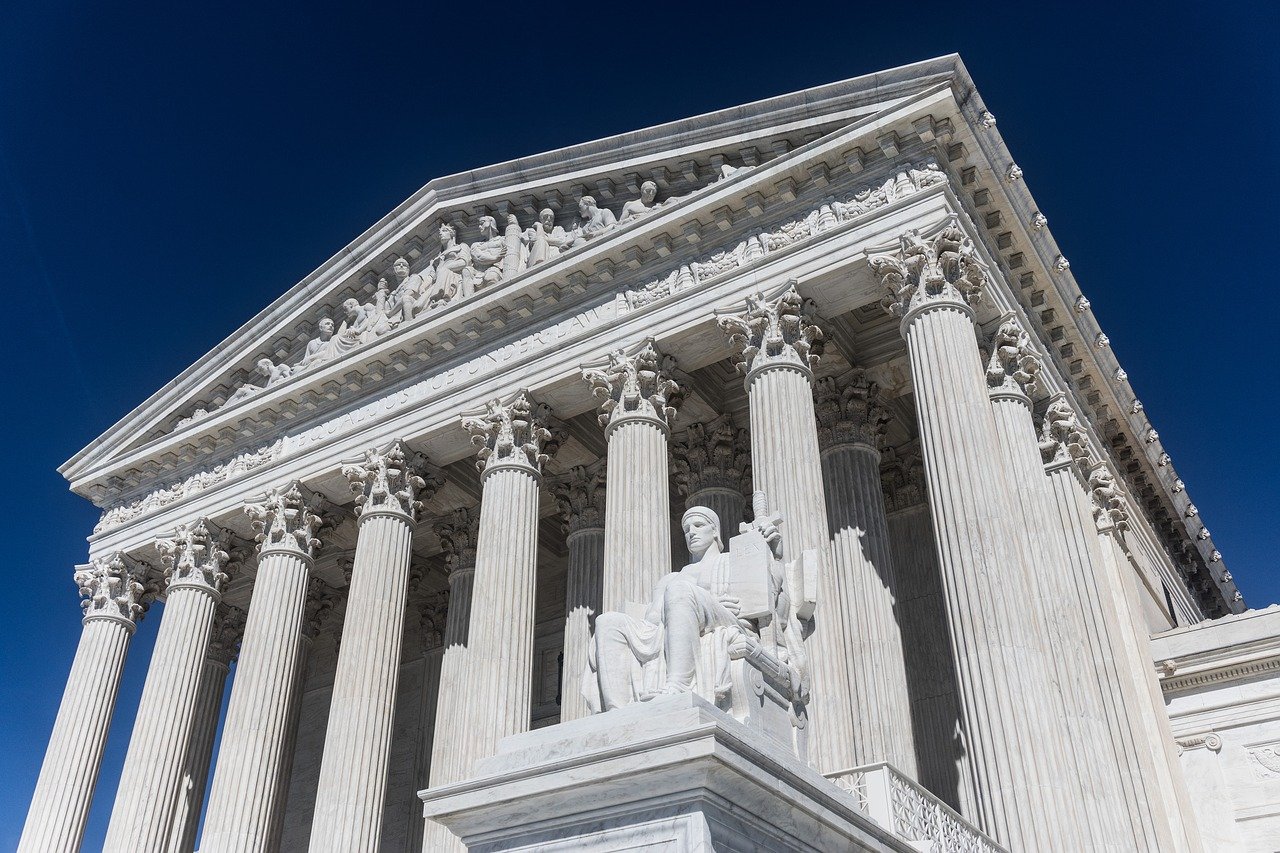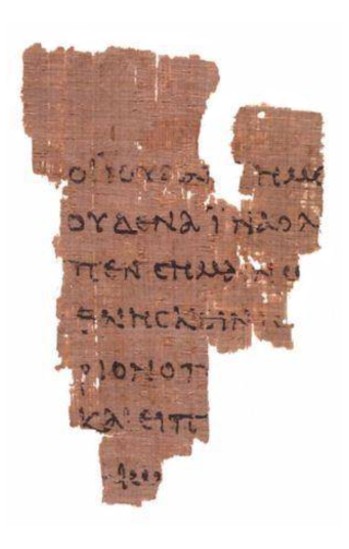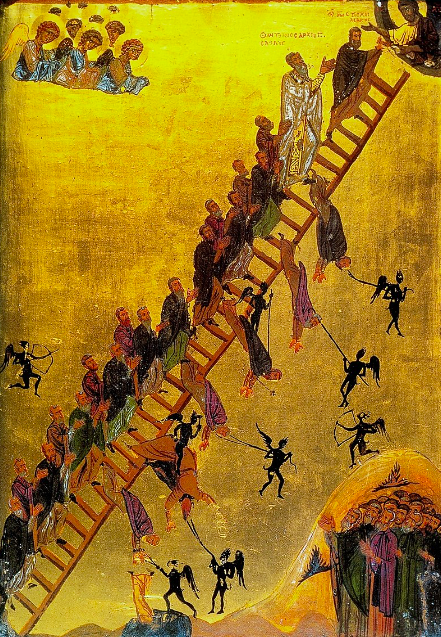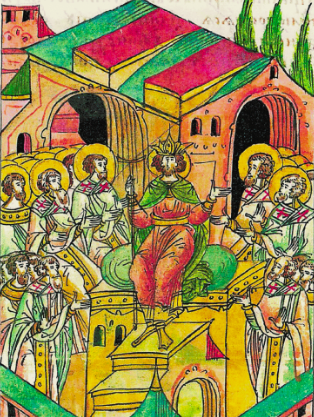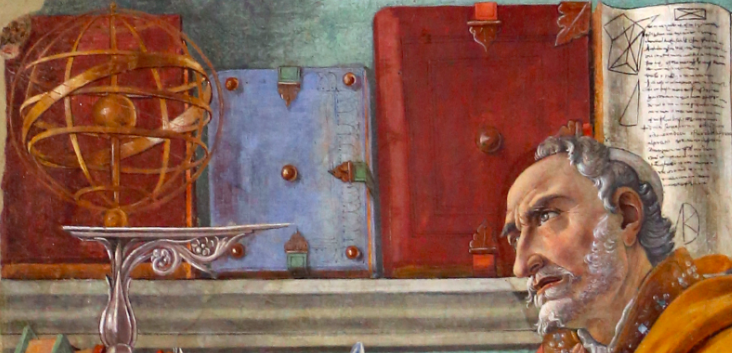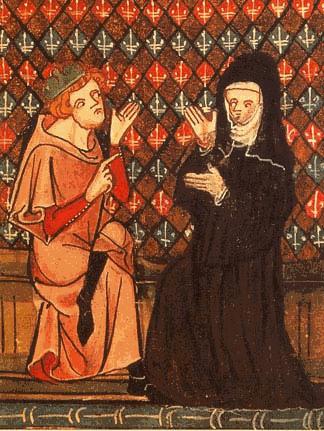The Great Conversation: Authority—Part III
The Great Conversation:Authority—Part III By Gabriel Blanchard “We hold these truths to be self-evident”; but are they? Go here for Part I (religion), or here for Part II […]
The Great Conversation: Authority—Part III Read More »
